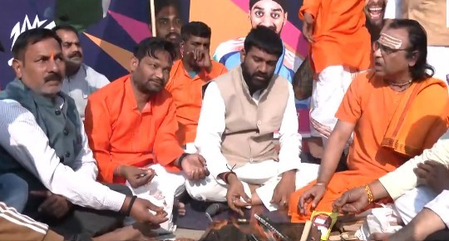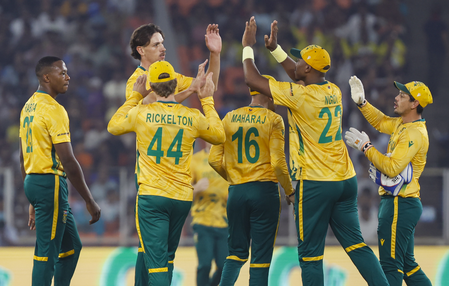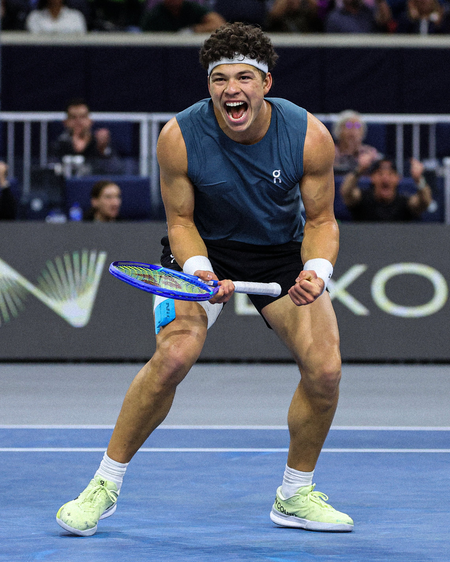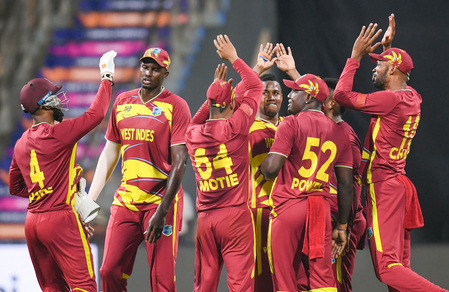
New Delhi, June 9 (IANS) In the small village of Attawa on the outskirts of Chandigarh, a revolution seems to be brewing. Attawa may be just like any other village in the vicinity of a city – broken roads, encroachments, open drains, and populated by those who ‘drive’ cities — electricians, janitors, migrant workers, and those who cannot afford the sky-high Chandigarh rentals.
But there is one exception — it boasts ‘Khelshala’, a world-class squash facility run by the former Director of Harvard University’s Squash Programme, Satinder Bajwa, who has also mentored eight-time world champion, Pakistani squash player, Jansher Khan.
When Bajwa returned to India in 2010, he knew he wanted to make champs out of the underprivileged, and spent Rs two crore from his savings to build Khelshala, which imparts coaching to the children of the economically backward section at Rs 100 a month (well, a squash ball costs more than that).
While the centre has imparted training to more than five hundred underprivileged children of ragpickers, rickshaw pullers, and watchmen ever since it was set up, it has been instrumental in changing the lives of many at multiple levels and not just excellence in sports.
A rag-picker’s daughter, Priya Gupta, trained by Bajwa, who won the women’s open division of the National Squash Circuit in 2016 and 2017 grabbed the Young India Fellowship at Ashoka University and is now a Mentor with ‘Teach For India’.
As many as sixteen underprivileged students have completed their graduation, thanks to their training in squash.
“Games like squash, tennis, and now padel, are not accessible to the middle class, let alone under-served communities. Around four girls trained by us are pursuing a Bachelor’s degree in Physical Education, which would not have happened, but for Khelshala. We have also produced seven coaches in squash, and tennis who now earn more than Rs 25,000 a month. One of our aims is to help deserving students with coaching qualifications so they can get employment,” Bajwa told IANS.
Stressing that sport empowers people- no matter what background, the centre has now started a kitchen to ensure nutritious meals to its students.
“Conducted the Body Mass Index tests on our students revealed that 45 per cent were under-weight. Also, we have added Padel – a cross between squash & tennis – as an additional sport.”
Currently coaching 75 students, with 60 per cent being girls, Bajwa reveals around six former students are refereeing all over India with one of his students being the Head Coach at Hamdard University in Delhi.
He, however, adds that a sporting career as a professional is 15 years on average, thus education becomes a big part of even a world-class athlete’s life.
“Most of our students end up going to universities. We help and mentor them through their degrees. We pay their fees/tuition if they achieve 70 per cent marks. A set goal works wonders…makes them motivated to do well at college,” said Bajwa, who holds a degree in Avionics Engineering from England’s Southall Technological College.
For someone who still raises money through his cultivated network of NRIs and graduates from the US who want to give back to the sport that gave them so much, it has been hard to get CSR funding and government support. “Perhaps the fact that squash is now part of the 2028 Olympics might help. But frankly, I am not holding my breath,” he smiled.
This 68-year-old coach is also pondering how ‘Khelshala’ will survive him. Right now, his goal and appeal is to find a successor and funding that will sustain what he has built.
“We have proven that sports like squash, tennis, and padel can change lives. It can be a lifetime pursuit, be it to compete or remain healthy,” he added.
Even as players like Saurav Ghosal and Joshna Chinappa are at the twilight of their careers, he wishes them extended playing careers and hopes they make it to the 2028 Olympics. “That said, there are some upcoming players, though I would not like to name them. I pray that they shine when the time comes.”
–IANS
sukant/bc




